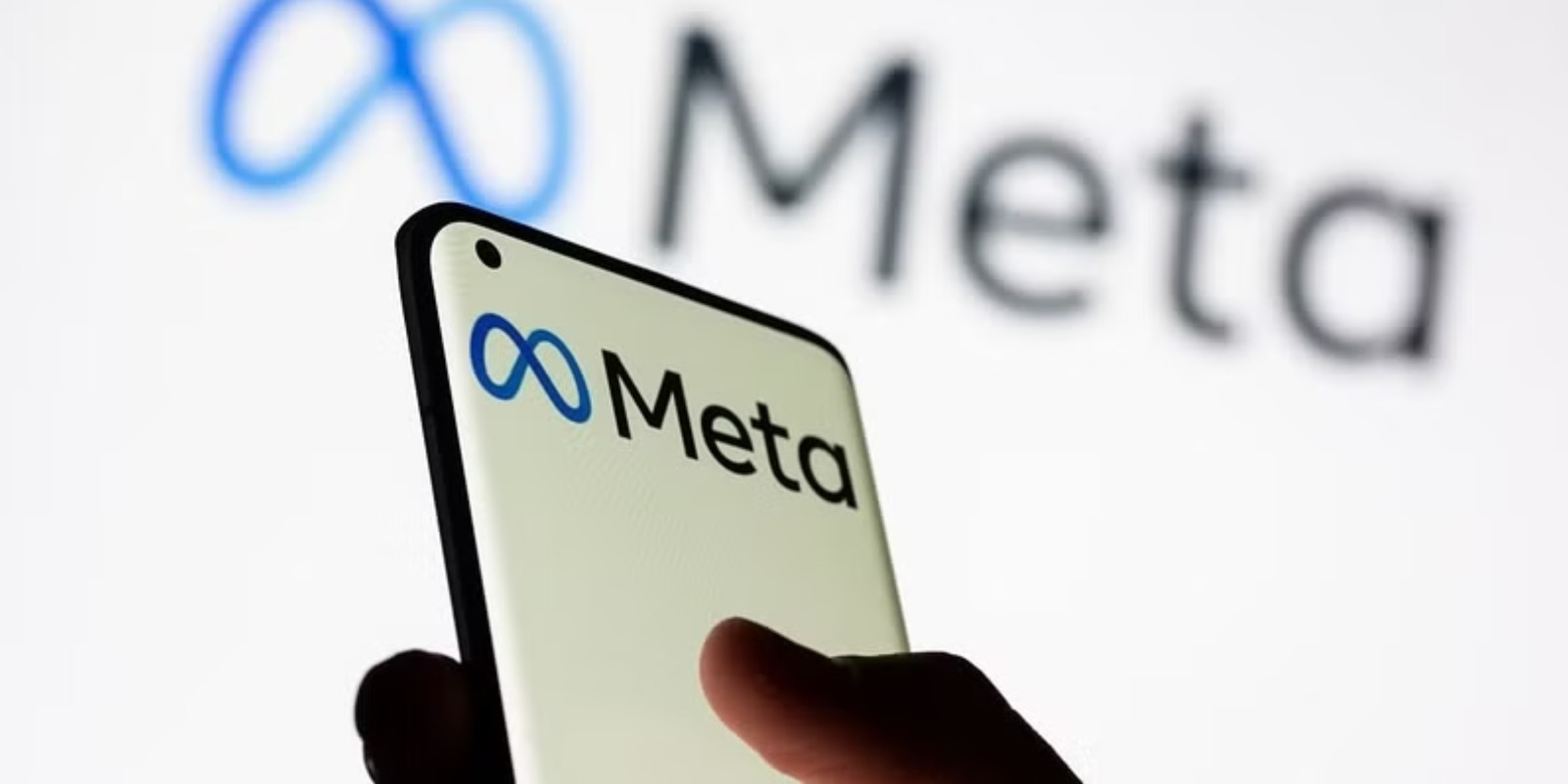Table of Contents
Meta’s New Feature and Its Limitations

Meta, the company behind Facebook and Instagram, recently introduced Community Notes to combat misinformation on its platforms. This tool allows users to add helpful notes to posts, providing additional context to what they see online. However, there’s a catch: Meta has decided not to apply Community Notes to paid advertisements.
This decision raises questions about how Meta handles truth and transparency, especially regarding ads that influence millions of people. Let’s explore Community Notes, why they matter, and why Meta’s choice not to include ads could have a big impact.
What Are Community Notes?
Community Notes is a feature that encourages users to fact-check content by adding notes to posts. It’s a collaborative way to ensure that people get accurate information while browsing social media.
How It Works:
- Users can suggest notes to clarify or add context to posts they believe could be misleading.
- Other users vote on whether the notes are helpful or not.
- If a note is deemed useful, it gets attached to the post for everyone to see.
This system relies on the community to maintain fairness and accuracy, which makes it different from traditional fact-checking by moderators.
Why Meta Introduced Community Notes
Social media platforms have often been criticized for spreading fake news and misleading content. Community Notes aims to:
- Encourage Transparency: By letting users participate, the feature promotes open discussions about the accuracy of information.
- Reduce Misinformation: Notes can help people identify false or misleading posts.
- Build Trust: A community-driven approach makes users feel involved in creating a safer online space.
Why Paid Ads Are Excluded
Even though Community Notes is a step forward, Meta has chosen not to apply this feature to paid advertisements. Here are some reasons behind this decision:
1. Advertisers’ Control
Paid ads are carefully crafted by advertisers, who don’t want others adding notes that could change the meaning or intent of their message.
2. Business Interests
Advertising is Meta’s major source of revenue. Allowing users to add notes to ads might discourage advertisers from spending money on the platform.
3. Legal Concerns
Ad content often follows strict guidelines and regulations. Adding user-generated notes could complicate things and lead to legal issues.
Why This Matters
The exclusion of paid ads from Community Notes has sparked concerns about transparency and fairness. Here’s why this decision is significant:
1. Ads Influence Opinions
Advertisements are powerful tools for influencing public opinion. Ads containing misleading information can have a large-scale impact, especially during elections or public health campaigns.
2. Uneven Standards
By excluding ads, Meta creates a double standard. Regular posts are subject to fact-checking by the community, while paid ads are left untouched, even though they can reach millions of people.
3. Misinformation Risks
If ads aren’t fact-checked, they could become a loophole for spreading false information, undermining the purpose of Community Notes.
The Role of Ads on Social Media
Paid advertisements are a cornerstone of social media platforms like Facebook and Instagram. They are used for:
- Promoting products and services.
- Raising awareness about causes or issues.
- Sharing political messages during elections.
However, this powerful tool comes with responsibilities. Ensuring the accuracy of ads is just as important as monitoring organic content.
What Could Meta Do Instead?
To balance transparency with business needs, Meta could explore alternative solutions:
1. Dedicated Ad Review Team
Meta could establish a special team to fact-check paid ads before they go live.
2. Limited Notes for Ads
Allowing factual corrections for ads while maintaining advertiser control could strike a balance.
3. Clearer Ad Guidelines
Improving the rules for ad content can ensure that advertisers share accurate information without the need for user intervention.
How This Affects Social Media Users
For everyday users, the decision to exclude ads from Community Notes means they need to be more cautious about the information they see in ads. Here’s what users can do:
- Think Critically: Don’t believe everything you see in ads without verifying it first.
- Do Your Research: Look for additional sources to confirm claims made in ads.
- Report Suspicious Ads: Use Meta’s tools to flag misleading or harmful ads.
What the Future Holds
As the debate around misinformation grows, social media platforms will face increasing pressure to improve their policies. Here are some possibilities for the future:
1. Stricter Regulations
Governments may introduce laws requiring platforms like Meta to fact-check all content, including ads.
2. Better Tools for Transparency
Features like Community Notes might evolve to include ads that satisfy both users and advertisers.
3. User Education
Social media companies could invest in educating users about spotting fake or misleading information.
Conclusion: Balancing Transparency and Business
Meta’s Community Notes is a promising step toward reducing misinformation on social media. However, excluding paid ads from this feature raises important questions about fairness and transparency. While it’s understandable that Meta wants to protect its advertising revenue, ads should be held to the same standards as other content.
As social media continues to play a big role in shaping opinions and spreading information, companies like Meta need to find better ways to balance business interests with the need for accuracy and trust. Until then, users must stay informed and think critically about the content they see online.





































